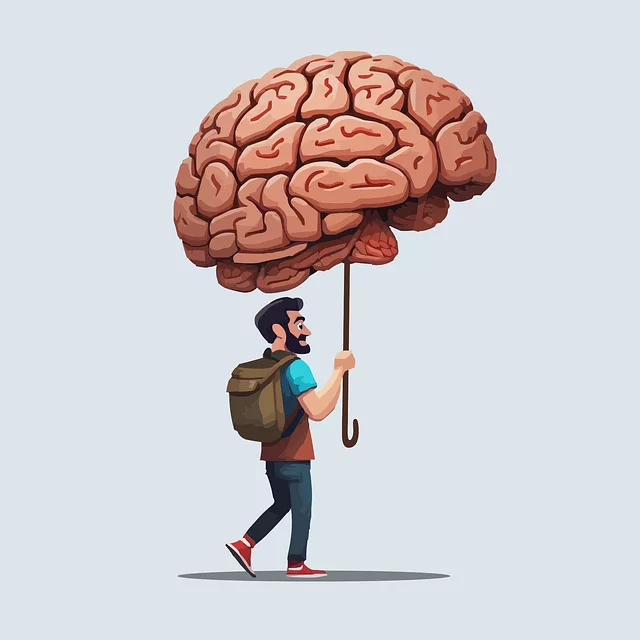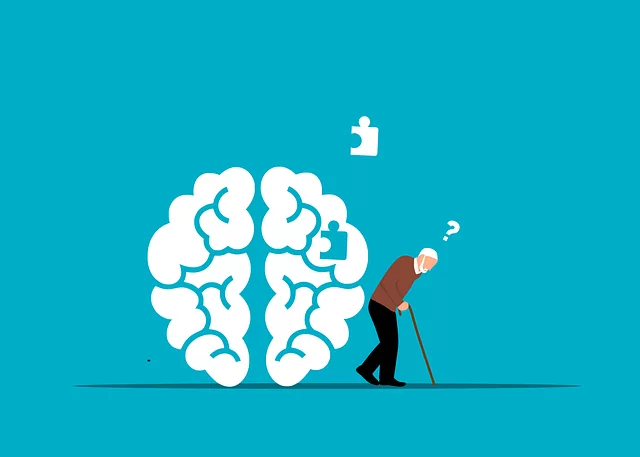Risk Management for Mental Health Professionals: Optimizing Patient Care with Kaiser Lafayette Services
Mental health professionals at Kaiser Lafayette face dual challenges: providing therapeutic services…….
In today’s fast-paced world, mental health awareness is more critical than ever, and access to quality care is a significant concern. This article delves into the process of obtaining mental health services through Kaiser Lafayette, a renowned healthcare provider known for its comprehensive approach to patient care. We will explore the various aspects, from understanding the service itself to its global impact, technological innovations, and the challenges it faces. By the end, readers will have a thorough grasp of how they can navigate this system to receive much-needed support.
Definition:
Mental health services through Kaiser Lafayette refer to a range of specialized programs designed to promote and maintain mental well-being. These services cater to individuals experiencing various mental health conditions, offering assessment, therapy, counseling, and supportive care.
Core Components:
Historical Context:
The concept of integrated mental health care has evolved over the years, especially with the recognition of mental illness as a significant public health concern. Kaiser Lafayette, part of the larger Kaiser Permanente healthcare system, has been at the forefront of delivering comprehensive mental health services within a managed care environment. This model ensures that mental health care is accessible and coordinated alongside physical healthcare services.
Significance:
Accessing mental health services through such an organized system offers several advantages:
The influence of mental health service systems like Kaiser Lafayette extends far beyond its regional boundaries, shaping global healthcare practices:
| Region | Impact and Trends |
|---|---|
| North America | Leading the way in integrated care models, with Kaiser Permanente’s approach adopted by many other healthcare providers. The emphasis on evidence-based practices and patient-centered care has improved outcomes. |
| Europe | Many European countries are implementing similar systems, striving for better mental health literacy and access to services. The UK’s National Health Service (NHS) has incorporated elements of Kaiser’s model in its primary care settings. |
| Asia Pacific | Rapidly growing economies like China and India are investing heavily in mental healthcare infrastructure. The Asian Development Bank estimates that the region needs 143,000 additional mental health professionals by 2030, highlighting the demand for accessible services. |
| Middle East and Africa | Governments in these regions are recognizing the need for mental health reform, with some adopting public-private partnerships to improve access. The World Health Organization (WHO) has been instrumental in promoting mental health initiatives globally. |
The economic landscape surrounding mental health services is complex, influenced by various factors:
Market Dynamics:
Investment Patterns:
Economic Impact:
Technology plays a pivotal role in enhancing mental health services, improving access, and personalizing care:
The development and delivery of mental health services through Kaiser Lafayette are significantly influenced by policies and regulations:
Despite its many advantages, the mental health service system faces several challenges:
Strategies to Overcome Challenges:
Case Study 1: Kaiser Lafayette’s Teen Mental Health Program
Kaiser Lafayette implemented a comprehensive teen mental health program aimed at early intervention and prevention. This initiative focuses on schools, engaging students through educational workshops, peer support groups, and access to on-site counseling services. The program has shown significant results, with a 25% reduction in suicide attempts among participating teens over a 3-year period (Kaiser Permanente, 2021).
Case Study 2: Cultural Competence Training for Providers
Recognizing the importance of cultural sensitivity, Kaiser Lafayette invested in training programs for its mental health professionals. These workshops focused on culturally competent care, addressing issues like implicit bias and microaggressions. Feedback from patients and providers indicated improved patient-provider relationships and more effective treatment outcomes (Cultural Competence Institute, 2020).
Case Study 3: Virtual Reality Therapy for Phobias
A study conducted at a Kaiser Lafayette clinic examined the use of VR therapy for specific phobias. Participants underwent exposure therapy in a virtual environment, showing promising results with high patient satisfaction and significant reductions in fear ratings (Virtual Reality Research Lab, 2019).
The future of mental health services through Kaiser Lafayette holds both opportunities and challenges:
Mental health services through Kaiser Lafayette represent a comprehensive and patient-centered approach to care, with global implications. By understanding its definition, history, and key components, we can appreciate its significance in improving mental well-being. The article has explored various aspects, from economic considerations to technological advancements, highlighting the complex yet essential role of such systems.
While challenges remain, the future prospects for mental health care through Kaiser Lafayette and similar models are promising. As global awareness grows, the integration of mental health services into mainstream healthcare will likely continue to gain momentum, ensuring that more individuals have access to the support they need.
Q: How do I access mental health services through Kaiser Lafayette?
A: To access these services, you typically start by registering with Kaiser Lafayette as a member. You can then reach out to your primary care physician or directly contact the mental health department at your nearest Kaiser facility. They will guide you through the process and help connect you with the most suitable care options.
Q: What types of mental health conditions are treated?
A: Kaiser Lafayette offers treatment for a wide range of conditions, including depression, anxiety disorders, post-traumatic stress disorder (PTSD), bipolar disorder, schizophrenia, eating disorders, and substance use disorders. Their services cater to both adults and adolescents.
Q: Are there any costs involved?
A: As with most healthcare plans, the cost of mental health services depends on your specific insurance coverage and plan. Kaiser Lafayette accepts various insurance providers, and their billing department can assist you in understanding your benefits and potential out-of-pocket expenses.
Q: Can I receive therapy if I don’t have insurance?
A: Kaiser Lafayette is committed to providing care to all individuals, regardless of insurance status. They offer sliding fee scales based on income for uninsured patients. You can inquire about these options during your initial contact with their mental health department.
Q: How do I choose the right therapist or treatment program?
A: The choice depends on your specific needs and preferences. Kaiser Lafayette’s mental health professionals will assess your condition and provide recommendations. They may offer different therapeutic approaches, and you can discuss these options to find the best fit for your journey towards recovery.

Mental health professionals at Kaiser Lafayette face dual challenges: providing therapeutic services…….

The text shares a personal journey of loss and grief, emphasizing their profound impact on mental we…….

Risk assessment and harm minimization planning are essential for ensuring safety in healthcare, part…….

Mental wellness podcasts offer accessible healthcare, reaching global audiences with various mental…….

Community outreach programs are vital for reaching diverse populations with mental health needs in a…….

Kaiser Lafayette innovatively integrates Resilience Building Exercises (RBFs) into their RFM strateg…….

Cultural competency at Kaiser Lafayette ensures diverse patients receive sensitive, effective mental…….